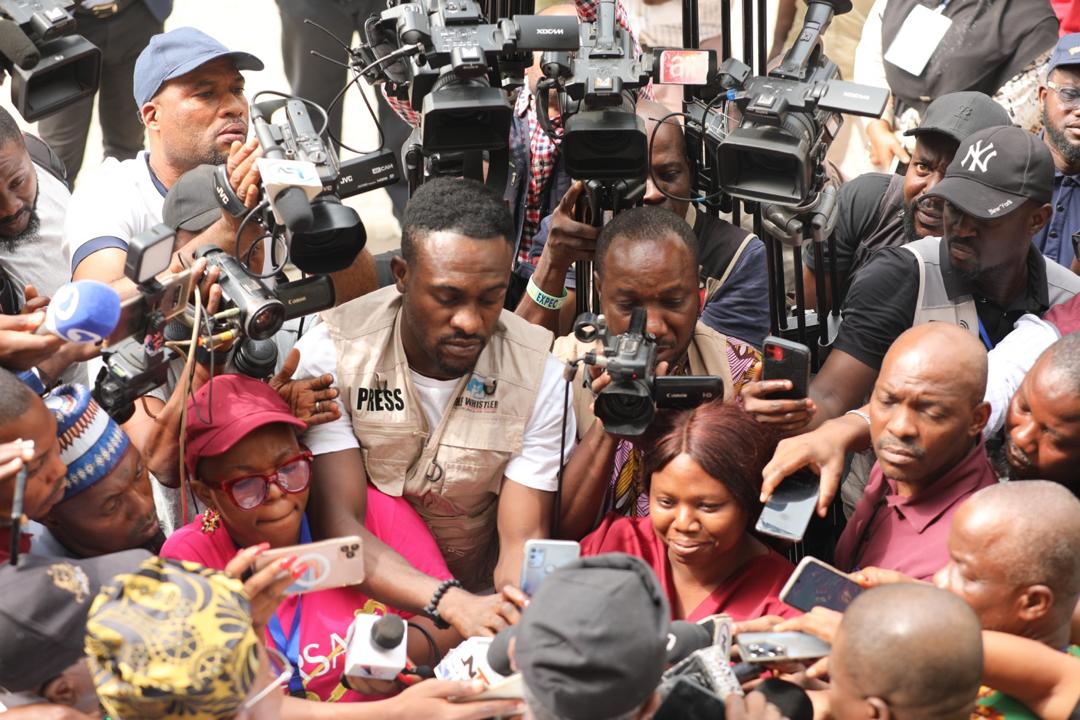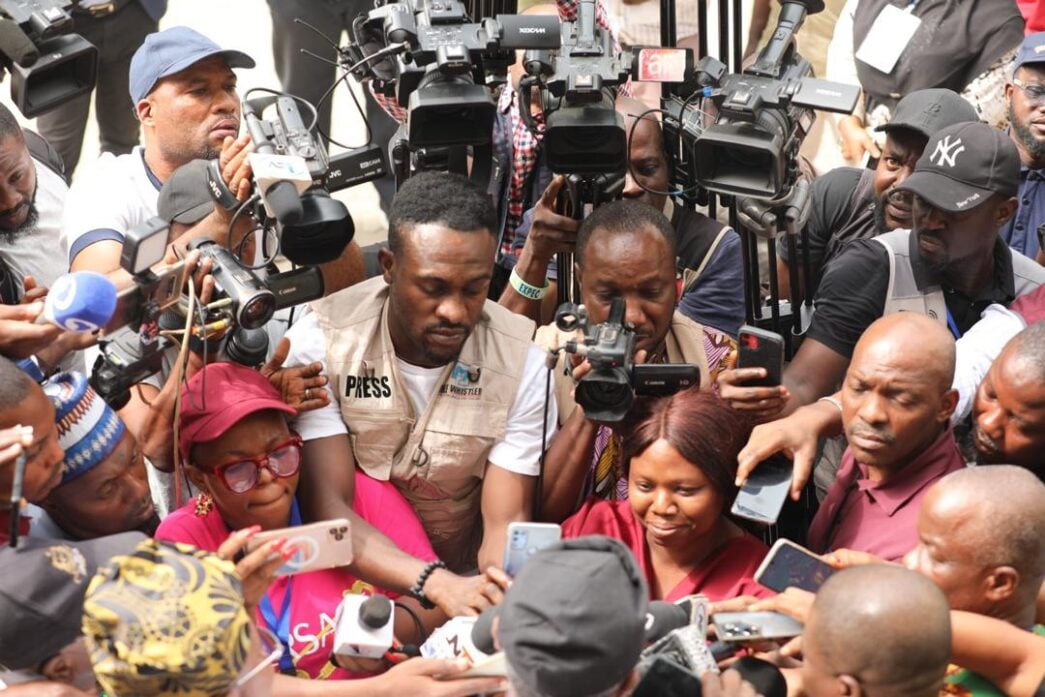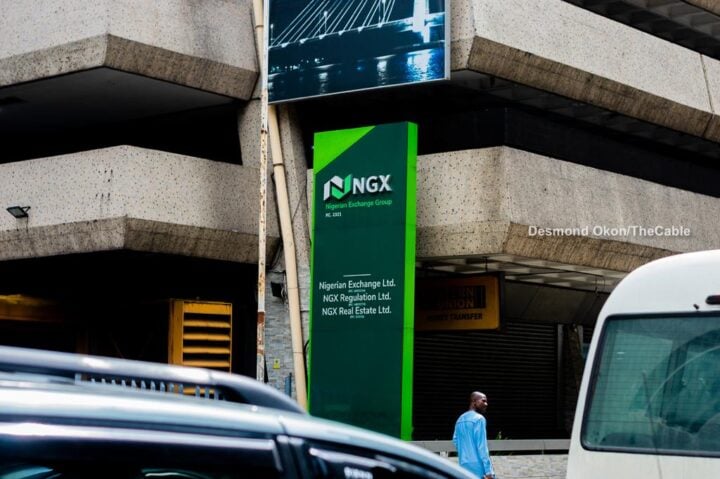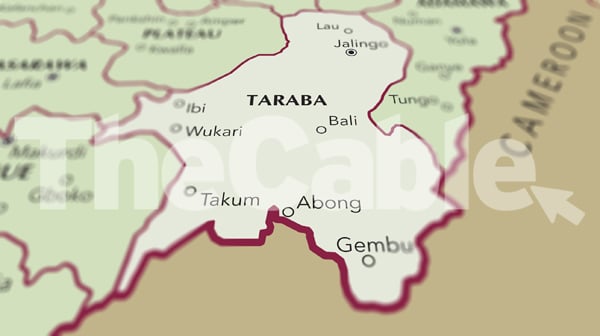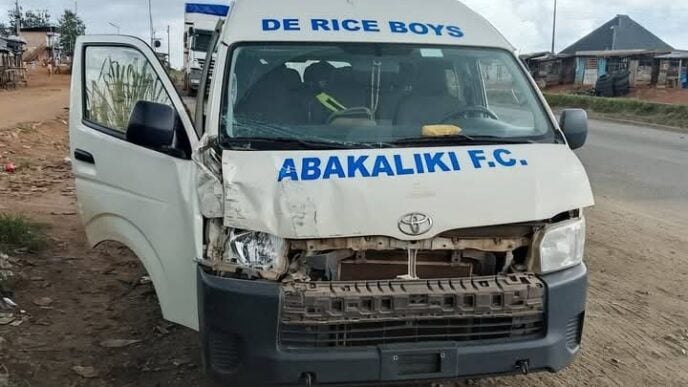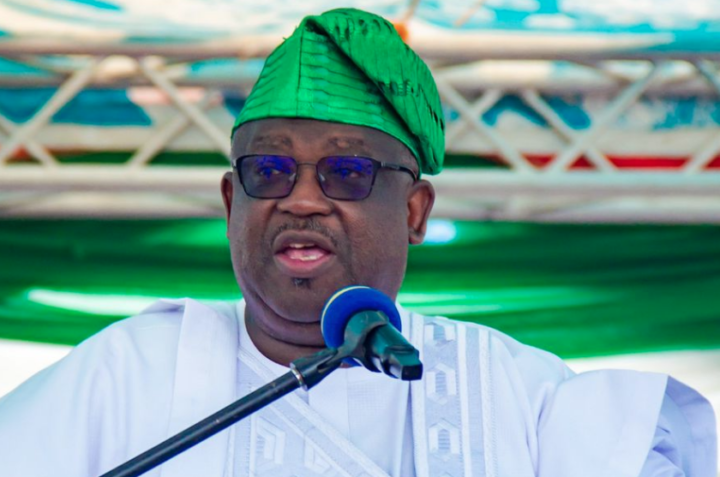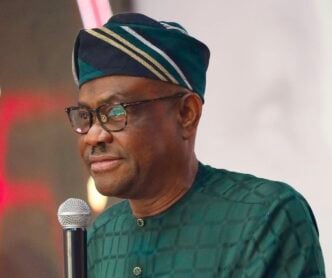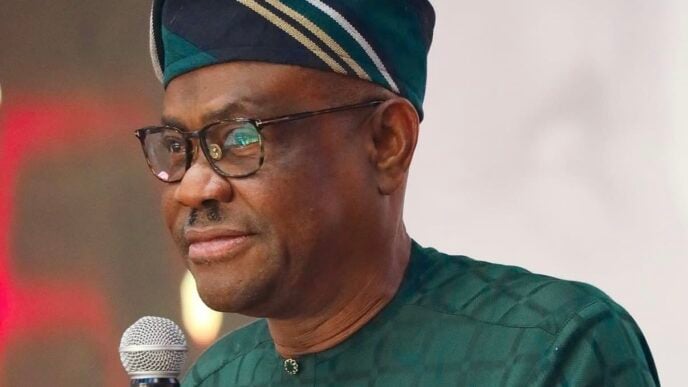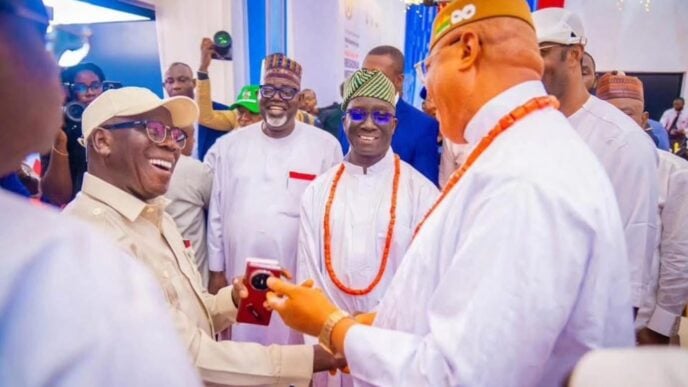Group of journalists during an interview | File photo
Days after Samad Uthman, a Nigerian journalist, published an exposé on misinformation trends that are driving the online propaganda for Burkina Faso’s junta leader Ibrahim Traore, the deluge of attacks he faced on social media platforms was something he had never experienced before.
Openly and in his private messages, social media users abused, cursed, and threatened him about the story published in May, many of the accounts appearing to either be faceless trolls or to have political affiliations.
He ended up blocking more than 200 accounts on X, but that was not enough.
“They said we were funded by US intelligence, then UK intelligence, and for this one, they claimed French intelligence was behind us,” said Uthman, who works for the Agence France-Presse (AFP) news agency.
Advertisement
“They published a whole article discrediting me, making me the story instead of the work.”
Uthman’s experience mirrors that of many Nigerian journalists who have long known threats within their physical environments but now face a wave of online attacks spurred by the evolution of the internet, changes in government tactics, and social media trends.
According to TheCable’s investigations and interviews with several journalists affected, in many such online attacks, the goal is not only to attack the work in question but also the journalist’s credibility.
Advertisement
Such online attacks have tripled in the last three years, according to the Centre for Journalism Innovation and Development (CJID), growing from 47 documented incidents in 2021 to over 150 in 2024.
“From 1986 till date, we have documented 1,237 attacks on journalists….(However) these attacks are emerging beyond physical attacks, and we are beginning to record digital attacks as well,” said Christiana Longe, project manager at CJID.
BEYOND INTERNET TROLLS, STRUCTURED ATTACKS
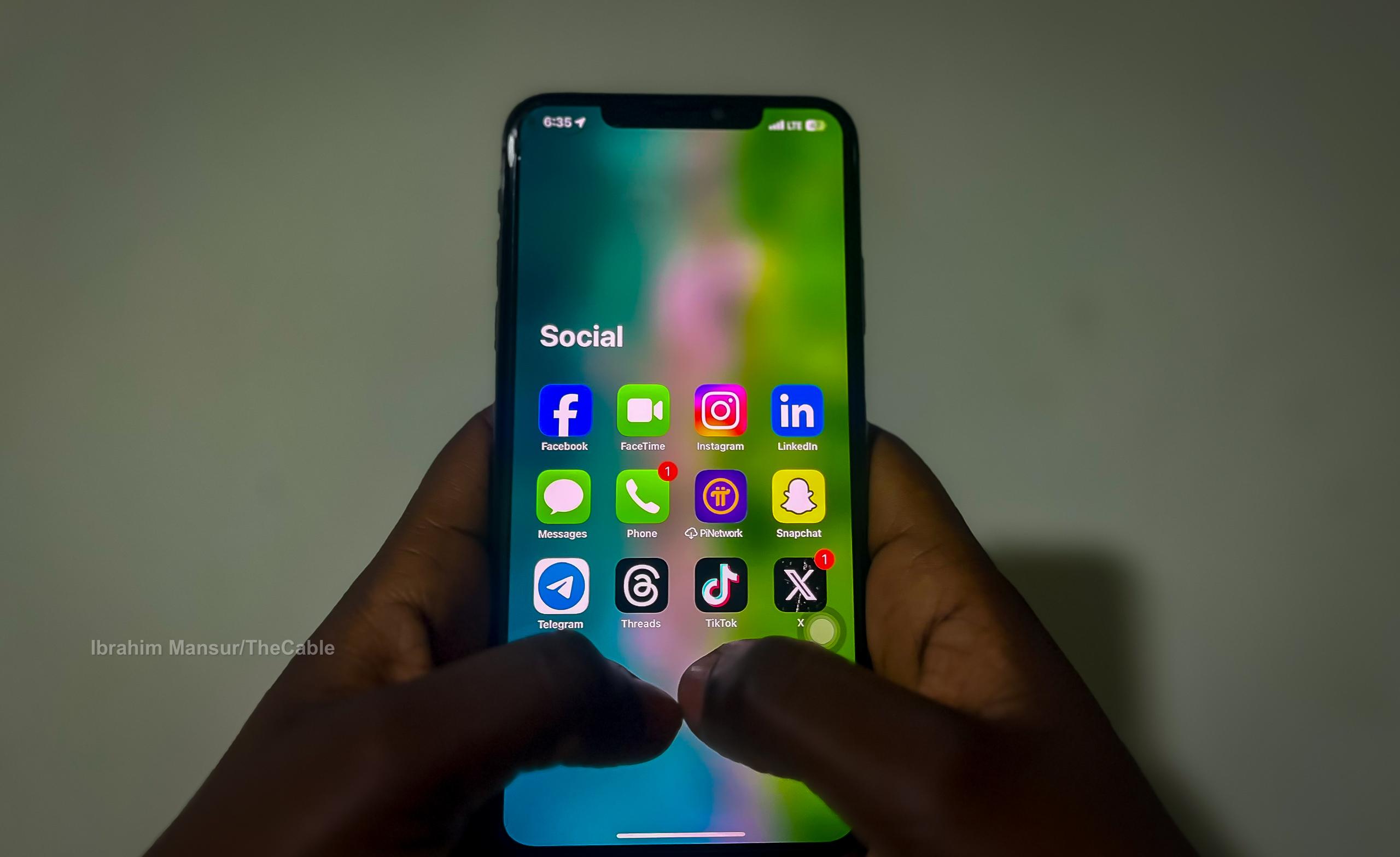
Findings by TheCable show that the pattern of the online abuse indicates a form of structured, coordinated attacks by both relatively small accounts and the popular or influential ones who mostly use their platforms to escalate the abuse and draw more attention to the journalist.
Advertisement
The attacks will then spread to the journalist’s direct messages and in some cases to other social media platforms, sustained for days and sometimes weeks.
It always follows a particular pattern, said Nicholas Ibekwe, a freelance journalist and former head of investigations at Premium Times, who has faced such attacks on many occasions.
“Big influencers, the overlords, won’t attack you directly. But the minnows will tag them. Once they retweet, the real assault begins,” said Ibekwe.
The patterns, TheCable found, are often replicated across political, religious and demographic divides in the form of troll farms, influencers, bot accounts, and WhatsApp groups.
Advertisement
“The attacks are mostly about controlling the narrative”, said Uthman, the AFP journalist. “They want to dominate the narrative and discredit you so no one believes your work.”
WORSENING A CRITICAL SITUATION
Advertisement
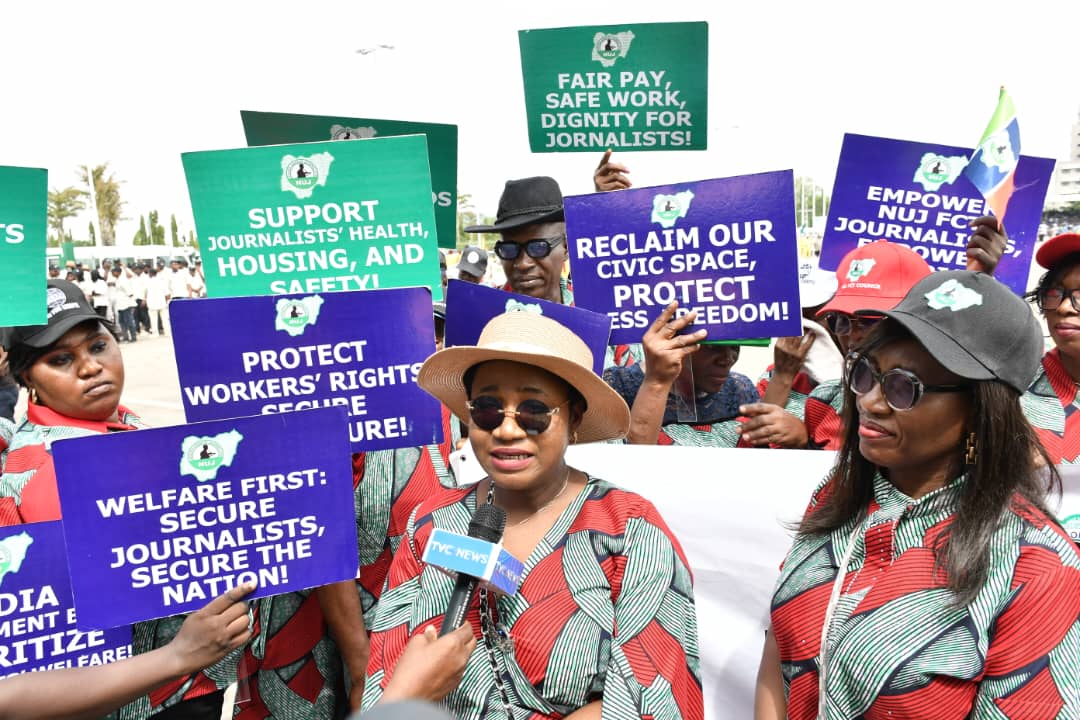
Press freedom has always been challenging in Nigeria. Recently, the country ranked 112th out of 180 countries in the latest World Press Freedom Index by Reporters Without Border. The group cited “growing online surveillance” and “cyber-intimidation tactics backed by state actors” as key concerns.
The CJID’s State of Press Freedom 2024 report also paints a grim picture. Alongside a surge in online harassment, there has been an increase in physical intimidation, arbitrary arrests, and even abductions of journalists. Several attacks on journalists are traceable to “command structures” — paid networks hired to manage reputations, distort narratives, and silence dissent, CJID noted.
Advertisement
Deaths are also not out of the question.
At least 23 journalists have been killed in Nigeria since 1992, the Committee to Protect Journalists (CPJ) told TheCable, citing the data it has tracked over the years.
Advertisement
“Nigerian journalists are regularly attacked in connection with their work,” said Jonathan Rozen, Africa Programme Coordinator at CPJ.
“Surveillance remains a threat as well. CPJ has documented how police have used access to call data from telecom companies to track and arrest journalists, and authorities have seized journalists’ devices to search them with forensic tools.”
HOW ATTACKS AFFECT JOURNALISTS AND MEDIA PRACTICE
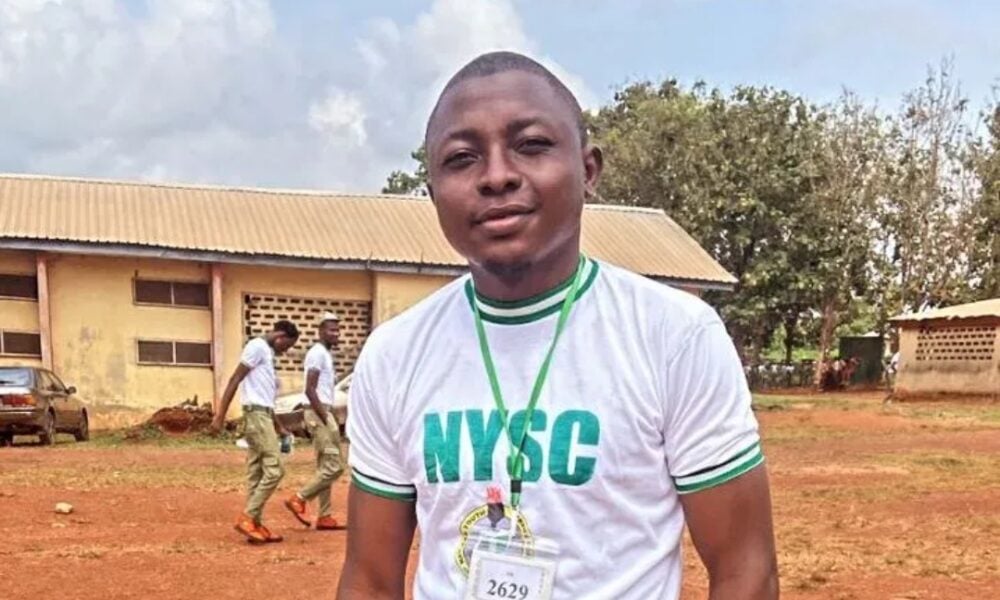
When Umar Audu, a reporter with Daily Nigerian, published an investigation revealing how Nigerians go to a Benin Republic university to obtain a fake degree certificate in a matter of weeks, his hope was that his work would immediately bring commendations and positive impact, but many condemned him instead.
“People were messaging me nonstop on Facebook, calling me a fraud. Some said I fabricated everything. Others claimed I was working for opposition politicians or even foreign governments,” Audu recalled.
It got so bad that he was worried about his personal safety while he struggled with his mental health.
“I kept wondering if someone would try to confront me physically,” he said.
Journalists who try to manage the situation have also had to deal with ethical and professional limitations, leaving them helpless.
When the online abuse Ibekwe was getting for a Premium Times investigation became too much, he gave in and started to respond to them – it was then he realized that move was a mistake.
“I got a query from the office because I had flouted social media guidelines. But how do you not respond when 500 people are dragging your name in the mud?” he wondered.
Ibekwe has had to move his family at least once to ensure their safety because of similar attacks. Some journalists have had to self-censor or take extreme measures such as going into hiding to remain safe.
Left with no choice than to remain safe, such coping mechanisms are in turn “undermining investigative reporting and public accountability because the perpetrators often and always go unpunished,” said Ayode Longe, deputy executive director of Media Rights Agenda.
“The normalisation of online abuse, combined with the risk of arrest or violence, creates a chilling effect on free speech and weakens Nigeria’s democracy.”
He called for coordinated multi-stakeholders’ efforts and the implementation of existing laws to address online harassment, protect journalists, and ensure that perpetrators are punished.
“Nigerian authorities must also ensure that the country’s laws do not criminalise journalism,” said Rozen.
Uthman and several other journalists who spoke to TheCable about their experiences are not optimistic the online abuse and threats will stop.
“They’ll keep coming unless you stop working,” Uthman said.
“But we won’t stop. The truth still matters. And the best way to fight back is to keep telling it.”
This report is produced by Cable Newspaper Journalism Foundation (CNJF) in collaboration with the Centre for Journalism Innovation and Development (CJID) as part of a project documenting issues focused on press freedom in Nigeria.
